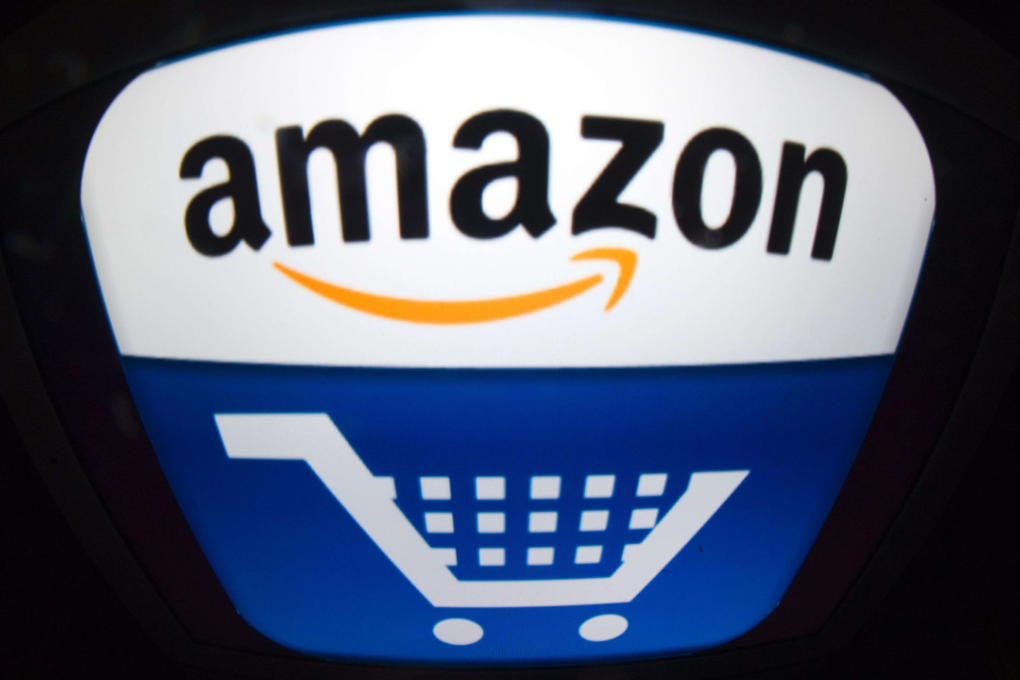In a first, Amazon is suing companies that sell counterfeit items on its site
‘It undermines the trust that customers, sellers, and manufacturers place in Amazon,’ said the online commerce store

Amazon.com is finally taking counterfeiters to court.
The e-commerce giant for the first time has filed lawsuits against counterfeit sellers, after a number of businesses on Amazon voiced concern that knockoffs were killing their sales and endangering consumers.
On Monday, Amazon filed suit against a group of sellers for infringing on athletic training equipment developed by TRX. In a second case, Amazon sued sellers who are offering fake versions of a patented moving product called Forearm Forklift.
Last month, CNBC.com featured Forearm Forklift, a Southern California company that has been crushed in recent years from counterfeiting on Amazon. Mark Lopreiato, the founder of the company, which makes straps for lifting and moving heavy equipment, said he submitted more than 100 cease-and-desist letters to sellers and takedown notices to Amazon, yet fakes have continued to proliferate.
“When customers purchase counterfeit goods, it undermines the trust that customers, sellers, and manufacturers place in Amazon, thereby tarnishing Amazon’s brand and causing irreparable reputational harm,” the Seattle-based company said in the suits.
There’s no way Amazon can litigate away the problem. The company generates over US$75 billion a year in commerce, and about half the volume now comes from third-party sellers. However, with Amazon showing its willingness to take abusers to court, the company can at least hope to deter counterfeit sellers with the threat of potential legal action.
An Amazon spokesperson declined to comment on the cases.
Both suits were filed in the Superior Court of the State of Washington in King County. In the TRX suit, Fitness Anywhere, the creator of the training equipment, joined Amazon as a plaintiff.